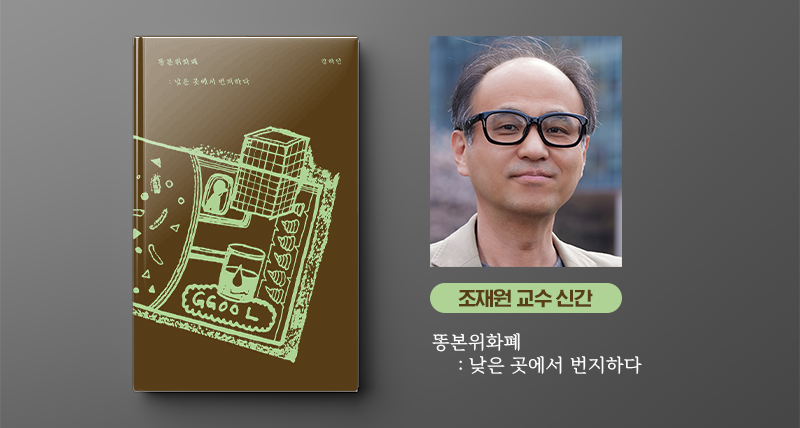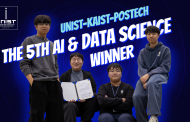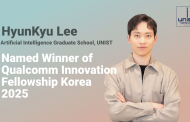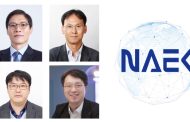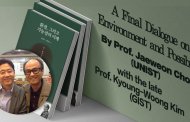A groundbreaking new book that explores an innovative economic paradigm utilizing human waste as a resource has been published.
Professor Jaeweon Cho of the Department of Civil, Urban, Earth, and Environmental Engineering at UNIST has released his latest work, “Feces Standard Money (fSM): A New Economic Paradigm—From Waste to Worth!” This book introduces a novel economic model that reexamines the interactions between humans and nature in the digital age, drawing on a multidisciplinary project supported by the Science Walden Center initiative, encompassing science, arts, and humanities.
At the core of the book is a radical shift in thinking: transforming human waste into an economic resource. Professor Cho elaborates on the concepts of value creation and rewards through the utilization of waste, exploring the social viability of fSM. The book details experiments conducted between 2019 and 2021 in the Guyoung-ri area of Ulsan and on the UNIST campus, investigating how such a system could be practically implemented in society.
The fSM operates by rewarding individuals with digital tokens for contributions—such as energy generation, water conservation, and fertilizer production—that originate from human waste. This system extends beyond traditional local currency concepts and opens up possibilities for establishing a basic income model free from taxation. It also has the potential to generate social value by supporting funds for reunification, aid for war orphans, and other societal initiatives.
Part one emphasizes that human waste should not be viewed solely as refuse but as a vital resource embodying the interaction between humans and nature. It scientifically and rationally analyzes the economic and social values of waste, illustrating how human dignity can be restored even amid despair.
Part two delves into case studies of waste being used as energy and fertilizer, alongside an in-depth discussion of experiments with fSM. The book explores the potential realization of basic income and economic democracy through this innovative approach.
“This book presents a forward-looking economic vision tailored for the digital and quantum computing era,” said Professor Cho. “It aims to promote increased interaction between humans and nature, inspiring societal change through active public participation and fostering social miracles.”


